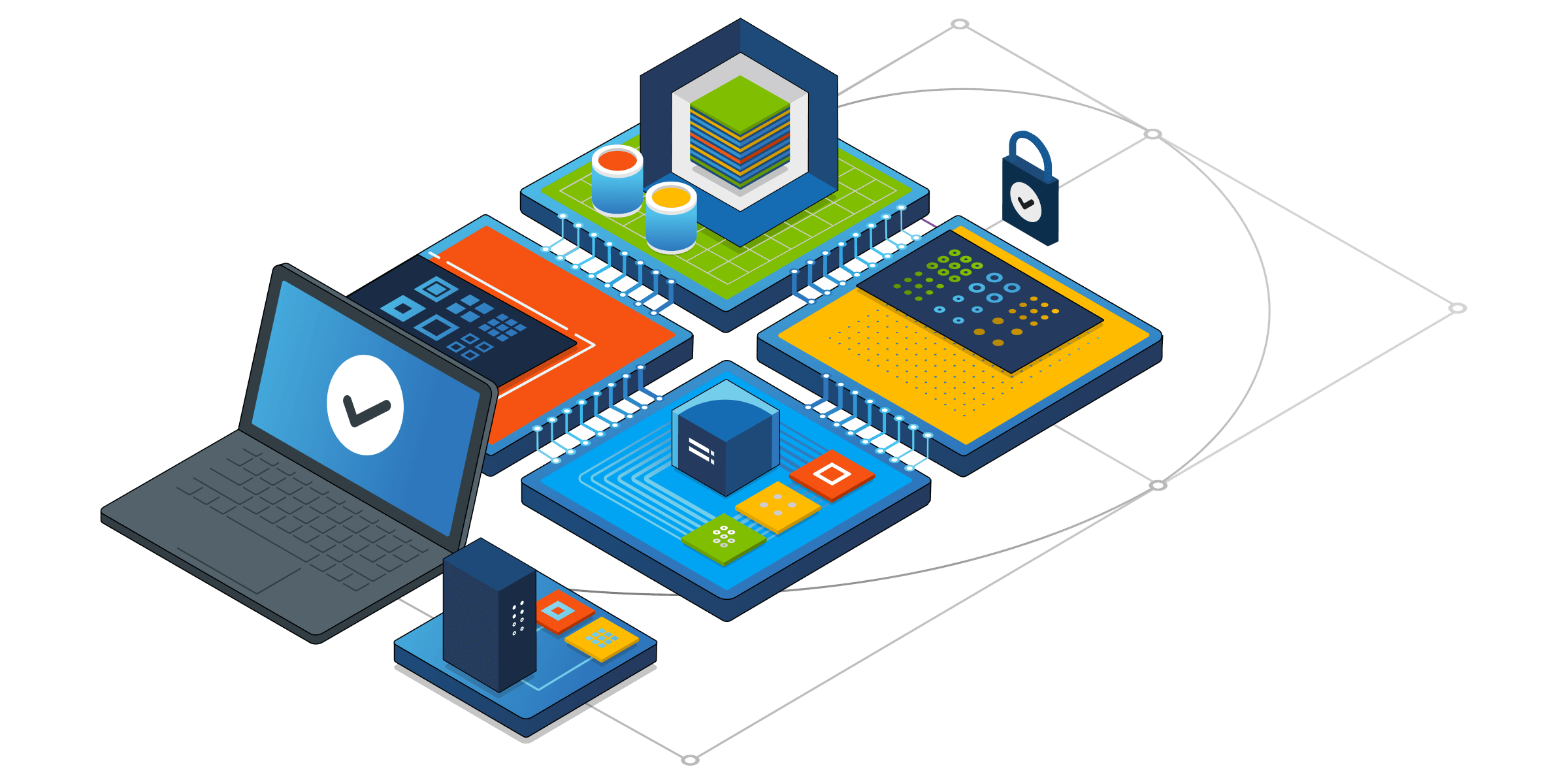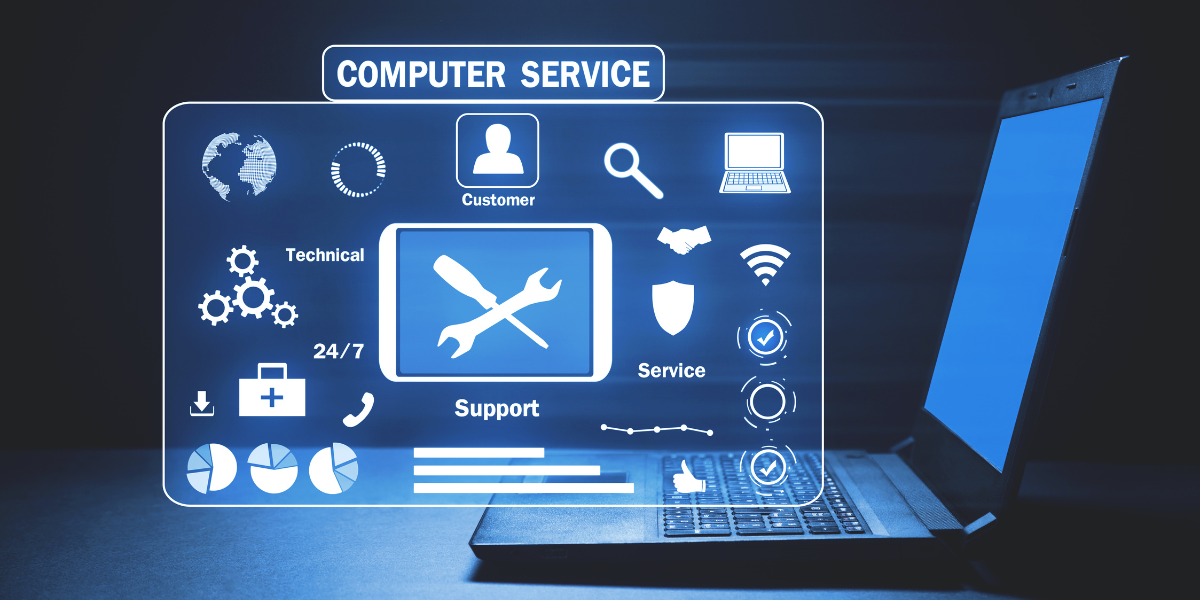What is a Data Backup Service?
A data backup service is a solution that ensures businesses and individuals can securely store copies of their important data. Whether it’s financial records, customer databases, or proprietary files, data backups provide a safety net against accidental deletion, cyberattacks, hardware failures, or natural disasters. Companies rely on data backup solutions to keep their operations running smoothly and avoid costly data loss incidents.
Modern backup solutions use a variety of technologies, including cloud backup services and on-premise vs. cloud backup strategies. These services ensure that critical files are regularly copied and stored securely, allowing businesses to restore lost or corrupted data whenever necessary. Backup methods vary depending on business needs, including full, incremental, or differential backups.
Why is Data Backup Important for Businesses?
Without a proper data backup service, businesses risk losing critical information, leading to downtime, financial losses, and reputational damage. Whether a company is hit by a cyberattack, an employee mistakenly deleted files, or hardware malfunctions, data loss prevention is crucial to maintaining operational integrity.
In addition to avoiding downtime, having a disaster recovery plan in place ensures companies can quickly restore essential data and continue operations without significant disruptions.
Secure data storage solutions protect businesses from ransomware, compliance violations, and costly legal implications tied to data breaches.
What Are the Different Types of Data Backup?
Businesses can implement different types of data backup solutions, depending on their needs. The most common methods include:
- Full Backup – A complete copy of all files and data, providing the most comprehensive protection but requiring substantial storage.
- Incremental Backup – Only saves changes made since the last backup, optimizing storage and speed.
- Differential Backup – Captures all data modified since the last full backup, offering a balance between storage and efficiency.
Organizations may also use cloud backup services for remote accessibility and on-premise vs. cloud backup solutions based on security and compliance requirements.

How Often Should Data Be Backed Up?
Backup frequency depends on the nature of a business and how critical its data is. Companies that handle sensitive customer data, financial transactions, or intellectual property should perform automated backup systems daily or even in real-time.
For businesses with less dynamic data, weekly or bi-weekly backups might be sufficient. However, data loss prevention best practices recommend maintaining multiple backup copies stored in different locations, such as secure data storage facilities or remote data protection solutions, to mitigate risks.
What is the Difference Between Cloud and On-Premise Backup?
Choosing between cloud backup services and on-premise vs. cloud backup solutions depends on factors such as security, cost, and scalability.
- Cloud Backup: Data is stored in an offsite location, allowing for remote access and scalability. Cloud backup services are ideal for businesses needing automatic updates, easy access, and disaster resilience.
- On-Premise Backup: Data is stored locally on physical servers, providing greater control but requiring maintenance and hardware investment. On-premise vs. cloud backup decisions often depend on industry compliance and internal security
How Secure Are Cloud-Based Backup Solutions?
Security is a major concern for businesses considering cloud backup services. Reputable providers implement backup encryption to protect sensitive data from unauthorized access. Encryption ensures that data remains unreadable to hackers or third parties, reducing the risk of cyber threats.
Moreover, remote data protection measures, such as multi-factor authentication and access controls, enhance cloud security. A well-structured data backup service should include robust cybersecurity policies, ensuring compliance with industry regulations and data privacy laws.
We understand that each business has unique challenges and goals. We tailor our services to meet your specific needs, focusing on providing measurable results and significant impact at every turn.
SPRING IT SERVICES Tweet
What Are the Best Practices for Data Backup?
To maximize data security and accessibility, businesses should follow these best practices:
- Use Multiple Backup Locations – Store backups in different locations, including cloud backup services and secure data storage
- Automate Backups – Automated backup systems reduce human error and ensure timely data protection.
- Encrypt Backup Files – Implement backup encryption to secure sensitive business
- Test Data Recovery Plans – Regularly assess backup reliability and adjust strategies
- Follow the 3-2-1 Rule – Keep three copies of data, on two different types of storage, with at least one stored offsite.
How Can Data Recovery Be Ensured After a Disaster?
A well-structured disaster recovery plan ensures businesses can quickly restore operations following data loss. This includes:
- Identifying Critical Data – Determine which files need immediate
- Testing Backups Regularly – Ensuring automated backup systems function properly to avoid corrupted or outdated backups.
- Utilizing Secure Storage Solutions – Implement secure data storage to prevent unauthorized access or loss.
Disaster recovery is crucial for business resilience, preventing extended downtime and ensuring compliance with industry regulations.
What Industries Benefit the Most from Data Backup Services?
Many industries rely on data backup solutions for compliance, security, and operational continuity. These include:
- Healthcare – Patient records require secure, HIPAA-compliant cloud backup services.
- Finance – Financial institutions need secure data storage and backup encryption to prevent fraud.
- E-commerce – Websites store customer transactions that must be backed up for
Business continuity.
- Legal & Government – Sensitive legal documents and government records require
Disaster recovery plans.
Regardless of industry, investing in data loss prevention strategies ensures protection against threats like cyberattacks and accidental deletion.
How Does Automated Backup Improve Business Continuity?
Businesses thrive on uninterrupted operations, making automated backup systems essential for business continuity. These systems eliminate the risk of human error by scheduling backups at regular intervals, ensuring critical files are always up-to-date.
By integrating cloud backup services, companies can maintain remote data protection, allowing for seamless recovery in case of outages or cyber threats. Additionally, automated systems reduce downtime, prevent financial losses, and enhance data accessibility across multiple locations.
Conclusion
A data backup service is more than just an IT requirement—it’s a business necessity. Whether opting for cloud backup services or on-premise vs. cloud backup solutions, companies must prioritize data loss prevention, backup encryption, and disaster recovery plans.
By following best practices for data backup, businesses can safeguard sensitive information, minimize downtime, and ensure long-term success. Investing in secure data storage, automated backup systems, and remote data protection ensures business resilience in an ever-evolving digital landscape.




















